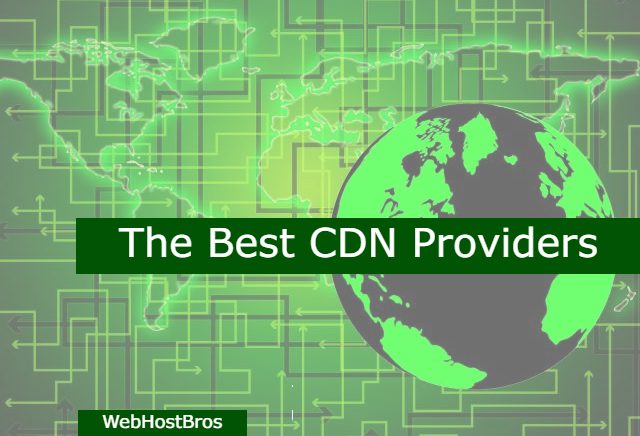The speed your website loads, or its page load speed, is very important. Its significance is highlighted by the fact that Google has it count towards how well the site ranks. Basically, a slow loading website will hurt your SEO rankings.
Just as significant to your website is how the page load speed affects your traffic. Speed definitely matters when it comes to user experience. According to a 2018 research by Google, more than half of overall web traffic comes from smartphones. Additionally, about 53% of smartphone visitors will leave your website if it takes more than 3 seconds to load. It’s clear that every millisecond counts.
That’s where a CDN comes in. Content Delivery Network, or CDN, refers to groups of servers geographically distributed that work together to provide faster delivery of internet content.
A CDN minimizes the distance between your website’s server and your visitors. It does this by replicating and storing content throughout its servers or Points of Presence (PoP) so that visitors anywhere in the world can access the content nearest to them.
Here’s an illustration. If your website’s server is based in New York, it will load faster for someone living in Texas than a person in Lagos, Nigeria. All things remaining equal, of course. A CDN with a server in West Africa solves that problem easily.
Without a CDN, all the user requests for content would be responded to by the content original servers. Consequently, there would be significant bottlenecks and saturation of the servers. There will be an increase in latency, which is the delay between submitting a request for content, and the web page fully loading.
It’s clear to see that a CDN will significantly boost the performance of your website in terms of speed.
The 6 Best CDN Providers for Your Website
While the process a CDN takes to deliver content may seem like a simple one, it is anything but. Not all CDN providers are on the same level. Some are pretty efficient, while others are downright bad.
Picking just the right CDN for your website can be thorny, but that’s why WebHostBros is here. There are literally over a hundred options to choose from, but we have narrowed it down for you. This list was compiled after intensive research on more than 60 CDN providers across the web.
1. StackPath
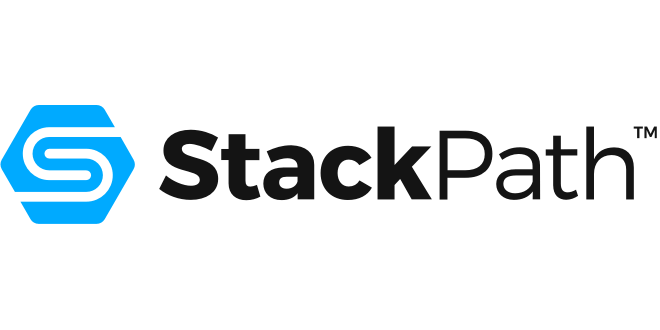
Based in Dallas, Texas, StackPath was formerly called MaxCDN. MaxCDN was a CDN very popular provider until it got acquired and then absorbed by Stackpath in 2016.
StackPath has a total of 45 edge locations around the world, but largely focuses its services on North America and Europe. 14 of its PoPs are located in North America, with 9 in Europe and 5 in Asia. If you are based in Africa, this may not be the CDN option for your website. A complete lack of locations in that continent means that performance will nosedive.
Very user-friendly, StackPath comes with an easy-to-use interface and settings. It is quite easy to configure and set up and is great for newbies. It also stands tall in terms of customer service, with 24/7 phone support and live chat.
StackPath is feature-rich. You get intelligent caching and customizable caching rules There is also HTTP/2 and WebSocket support. For security, there is a very effective Firewall. Anti-DDoS technology blocks DDoS attacks. Users also get a free shared SSL certificate per site.
Its EdgeRules tool allows users to customize the behavior of the StackPath CDN. This feature only occurs on CDN requests.
StackPath is completely premium and does not have a free plan. Its Edge Delivery 20 plan starts at $20/mo. for up to 1TB bandwidth.
2. KeyCDN
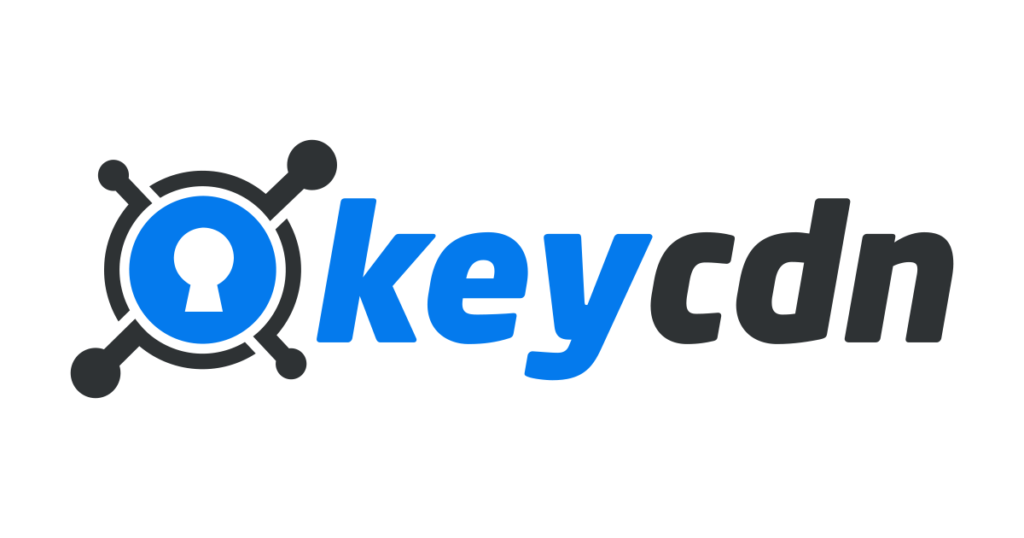
Best and Affordable don’t always go together, but when it comes to KeyCDN, it just about does. Budget-friendly, KeyCDN nonetheless comes with lots of features. It is also user-friendly and does not present a tough learning curve for beginners.
KeyCDN is based in Switzerland and has a solid spread of edge locations. It has 35 PoPs, with 10 of those in North America, and 14 spread across Europe.
There is support for HTTP/2 and IPv6, image processing, and header control, and zone management. You also get GZip compression for increased performance.
In terms of pricing, KeyCDN takes affordable one step further with its pay-as-you-go billing method. That means you are not forced into potentially inconvenient monthly or yearly plans. Billing is regional, starting at $0.04/GB per month, for North America and Europe.
3. Google Cloud CDN
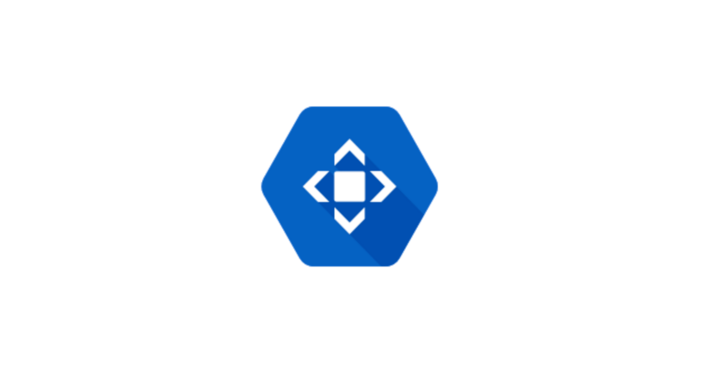
Google’s Cloud CDN takes advantage of Google’s incredible advantage in terms of global infrastructure. It has about 140 PoPs globally and is present in over 200 countries and territories. Cloud CDN is fast and reliable and guarantees content delivery with no latency.
With edge caches peered with most of the major end-use ISPs, it is capable of delivering blazing-fast web and video content. It has seamless integration with Google Cloud, opening up an avenue for convenient services like real-time monitoring and reports.
With Cloud CDN being part of Google’s Cloud family, users can take advantage of a wide range of other services like storage and web hosting.
For features, there’s IPv6 support, HTTP/2 and QUIC protocols, anti-DDoS protection, a Google-managed SSL. Thanks to Anycast, every website gets a single global IP address. With just a few clicks, you can export logs into the Cloud for extensive analysis.
Pricing is per zone per month, regardless of whether or not you make use of your zone. Users are charged for bandwidth, cache egress bandwidth, cache misses, and HTTP/HTTPS requests. You can view price details in full here.
4. Cloudflare

Cloudflare is based in San Francisco, United States. It is immensely popular and has partnerships with a ton of web hosting companies. Bluehost, SiteGround, and A2 Hosting all offer Cloudflare support. CloudFlare’s free plan plays a big role in its popularity, but it offers a feature-packed service.
It has a huge network of edge locations spread across more than 200 cities around the world. This is second only to Cloud CDN on this list.
Cloudflare comes with support for HTTP/2, IPv6, and SPDY protocols. It uses web filtering to help you block bots and contain spam. There’s intelligent traffic routing to reduce latency. Cloudflare can create special rules to protect important or sensitive areas of your website. It also offers a free SSL certificate. Cloudflare works as a reverse proxy, to protect your website from DDoS attacks.
There is a free plan which works just well for most people. If you need to upgrade, the premium plans start at $20/mo.
5. Imperva CDN
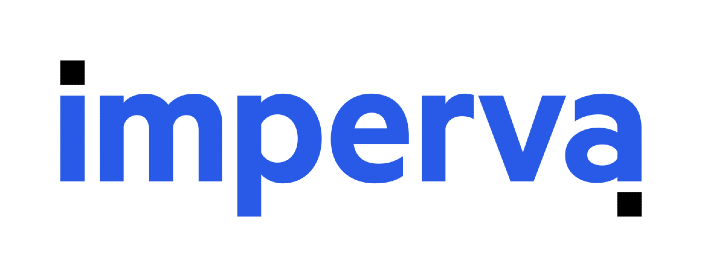
Imperva is a notable cybersecurity software and services provider, offering CDN as part of its services. It is based in California, USA. Founded in 2009 as Incapsula, the CDN line was purchased by Imperva in 2014.
It currently offers 47 PoPs spread across the world. It’s something of an even spread, with data centers on every continent. Imperva configures nameservers for your website, and then automatically directs traffic for it.
Imperva’s line of features includes end-to-end support for HTTP/2 and IPv6 protocols, customizable cache rules, and advanced UI analytics. There’s also instant purge capability and real-time monitoring. Like Cloudflare, Imperva also acts as a reverse proxy to mitigate DDoS attacks. All plans are eligible for this service, along with bot protection. Unfortunately, Imperva does not offer free SSL certificates on their plans.
The CDN package is not offered independent of Imperva’s security services. Pricing is available on request.
6. Sucuri
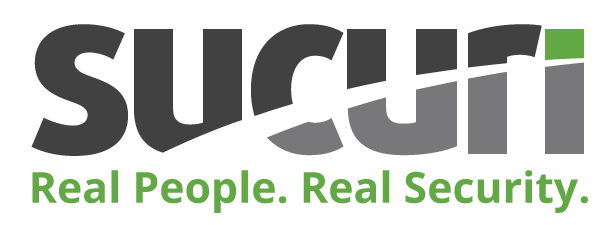
Sucuri is popular for its website security and protection services, growing into the position of an industry leader. Founded in 2010, it was acquired by GoDaddy in 2017. It is headquartered in the United States.
Together with web security, Sucuri offers CDN services on all of its plans. It has a network of 12 PoPs which is by no means large, its it has a presence in the most active areas.
Sucuri’s CDN platform is simple and user-friendly. It offers a dashboard with relatively easy configuration. That’s just as well because it does not have the best customer service. For CDN, you can only reach them by tickets.
There are lots of features. All users get unlimited bandwidth. It has GZip compression support. Its primary focus on website security means that Sucuri is one of the most security-conscious CDN providers out there. There is a firewall, security monitoring, malware scanning and removal, anti-DDoS protection, and a Let’s Encrypt SSL certificate. It comes with support for HTTP/2 and IPv6.
Sucuri only permits one website per plan, which is not great, but you are not restricted in terms of pages. Pricing starts at $199/year.
FAQs
1. What is the difference between a PoP and Edge Servers?
Edge servers are the CDN’s servers that are used to cache content retrieved from the original content server. On the other hand, a PoP refers to the physical location that edge servers are located.
Each PoP contains a number of edge servers that are responsible for delivering content to website visitors.
2. Do all websites need a CDN?
No, not all websites require a CDN. If your website has a localized spread of visitors located near the website’s servers, then subscribing to a CDN may not be necessary. Websites with visitors from all over the world will find CDNs helpful to increase load speeds.
If you think your website would do with integrating a CDN, then look no further than our list of the best CDN providers around.
3. How do I get a CDN for my site?
Simply pick one of the CDNs recommended here as one of the best providers, and follow the link to their website. Register, and subscribe to a plan that favors your website. Your CDN provider will offer you resources on how to go about implementing it on your website.
